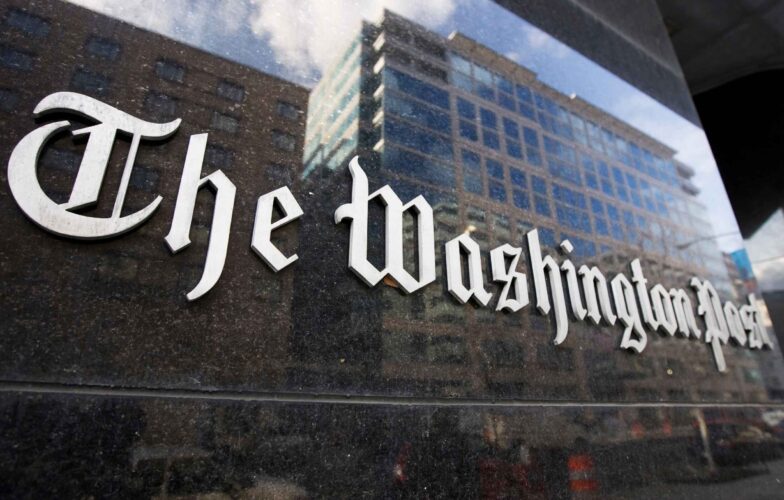On Wednesday, the CEO of The Washington Post told the outlet’s staff they must integrate artificial intelligence (AI) technology into every facet of the media production process.
“AI [will be] everywhere in our newsroom,” the chief tech officer reportedly said according to Semafor editor Max Tani.
AI inclusion is part of a wider push towards efficiency and profitability being launched by CEO Will Lewis, who joined the paper and website in January. Calling it the “Build It” plan, Lewis is looking for ways to solve the $77 million shortfall the outlet has experienced since last year and the 50 percent drop in audience size since 2020.
Lewis says the says the three pillars of the new strategy are: great journalism, happy customers, and making money: “If we're doing things that don't meet all three…we should stop doing that." He adds that the company will also be looking for ways to use AI in its journalism.
— Max Tani (@maxwelltani) May 22, 2024
Learn the benefits of becoming a Valuetainment Member and subscribe today!
“To be direct, we are in a hole, and we have been for some time,” Lewis told employees, explaining that the three pillars of the Build It strategy will be “great journalism, happy customers, and making money.” “If we’re doing things that don’t meet all three…we should stop doing that,” he said.
Lewis added that the company will consider obtaining subscribers through an acquisition of another company or companies if organic growth does not work.
Earlier this week, The Washington Post editorial board released an op-ed criticizing Diversity, Equity, and Inclusion (DEI) statements in the academic hiring process at universities. “DEI statements have too often led to self-censorship and ideological policing,” wrote the editors.
The Washington Post has been on the side of progressive left for years, and had contributed to the rise of the DEI movement. The editors make themselves clear that they are still in favor of the movement, but are simply questioning the censorious extremes it can reach: “Fundamentally reconsidering [diversity statements] could actually strengthen DEI, by placing it on a more sustainable basis — intellectually and politically. MIT is one of the first to tackle the issue; here’s hoping it won’t be the last.”
As Valuetainment previously reported, the Massachusetts Institute of Technology (MIT) banned the practice of requiring faculty applicants to provide “diversity statements” in early May, becoming the first major university to reject what many critics deride as a left-wing “political litmus test.” Such statements, typically required to be the length of a page, force candidates to explain how they will advance the Diversity, Equity, and Inclusion (DEI) commitments of the university.
 Shane Devine is a writer covering politics and business for VT and a regular guest on The Unusual Suspects. Follow Shane’s work here.
Shane Devine is a writer covering politics and business for VT and a regular guest on The Unusual Suspects. Follow Shane’s work here.


















Add comment